
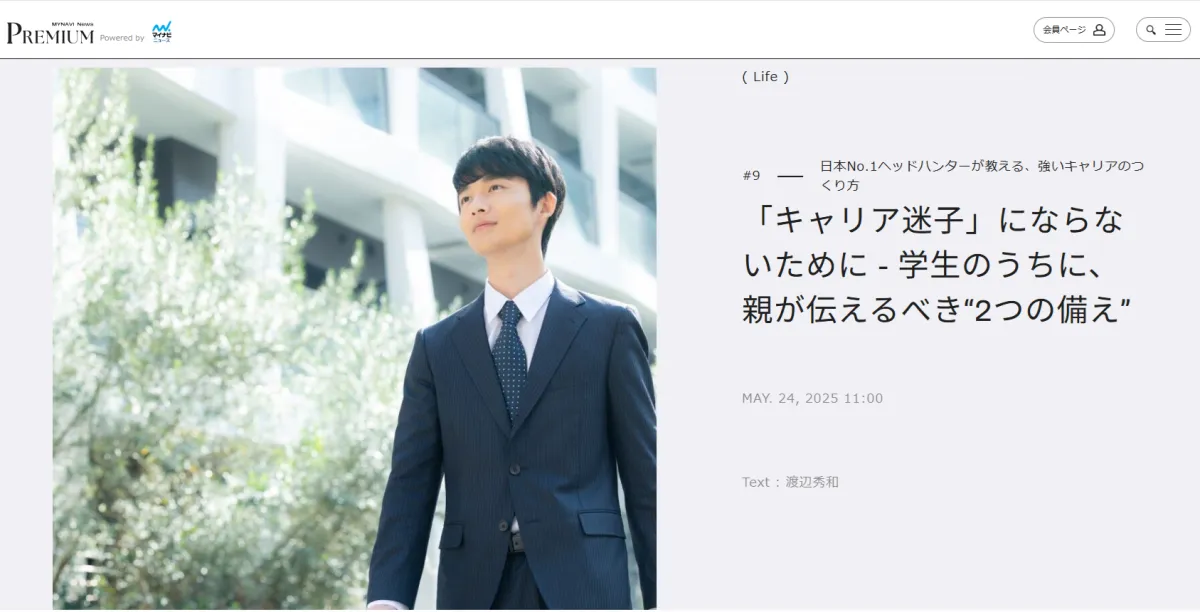
Navigating Career Choices: Advice for Students from a Top Japanese Executive
In Japan, new graduate turnover has become a significant issue, with about 30% of new employees leaving their jobs within three years. Understanding why this occurs is essential, especially for parents guiding their children through the complexities of early career choices. In his latest article, CEO Hidekazu Watanabe of Concord Executive Group sheds light on key steps students should take to avoid feeling lost in their career journeys.
One significant aspect of the problem is that many students begin job-hunting without a clear understanding of their passions and career aspirations. They often jump into the employment process, believing they should secure any job rather than the right job for them. Watanabe emphasizes that taking the time to explore one’s likes and dislikes is critical. This self-awareness not only allows individuals to target roles that align with their values but also leads to greater job satisfaction and commitment.
Watanabe offers two valuable pieces of advice for students. The first is to invest time in identifying their preferences in work and life. This process can be challenging even for seasoned professionals, but it is vital for students to begin this journey early on. They should engage in self-reflective practices, such as journaling or speaking with mentors, to reveal insights about their strengths and interests.
The second piece of advice is to participate in long-term internships. These experiences provide students with a taste of real-world business environments, helping them acquire essential skills while also allowing them to evaluate if they enjoy the work. Watanabe mentions that long-term internships can positively influence academic performance, as they create a practical context that motivates learning.
Watanabe also reflects on the changing paradigms of what constitutes a secure career. Traditionally, securing a role in a large company was synonymous with stability; however, the rapid evolution of technology, particularly with advancements in AI, coupled with corporate consolidations, challenges this notion. It is essential to cultivate 'career freedom'—the ability to pivot and adapt to new opportunities regardless of industry changes.
Parents often instinctively want to steer their children toward what they perceive as safe or traditional career paths. Yet, in today’s dynamic job market, it is more critical than ever to advocate for a flexible mindset. The idea of 'job stability' is in flux, and Watanabe insists that nurturing adaptability is a parent’s best ally in preparing their children for the future.
With his wealth of experience as a consultant and a career strategist, Watanabe believes we must share narratives of diverse career paths and highlight the evolving nature of work. By fostering a broader dialogue around career fulfillment and purpose, we can prepare younger generations to navigate their careers successfully.
Through this article series, 'How to Build a Strong Career as Japan's No.1 Headhunter Teaches', Watanabe hopes to equip both students and parents with actionable strategies that promote mindful career planning in a rapidly changing economic landscape.
Stay tuned for more insights as Watanabe continues to explore the intricacies of career development and advises on how individuals can craft fulfilling and resilient professional lives. His commitment to empowering the next generation shines through in each installment, offering invaluable guidance as the job market evolves.
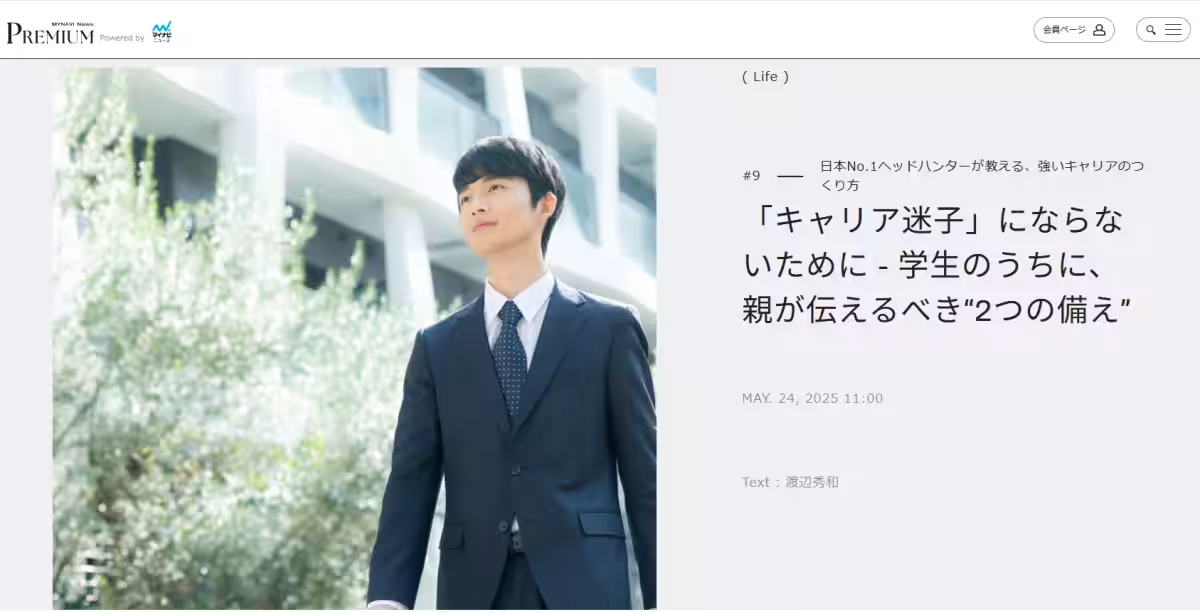
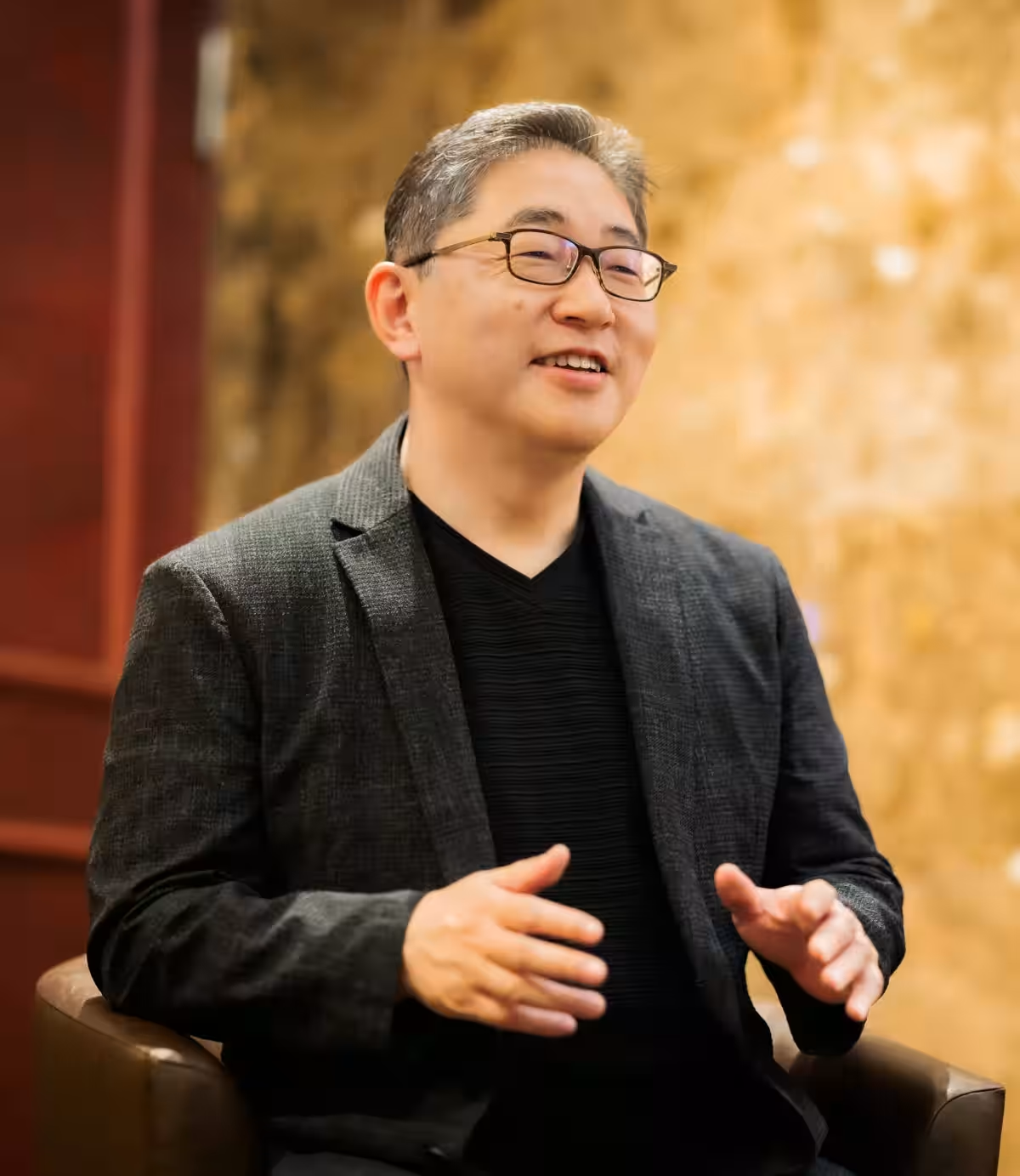
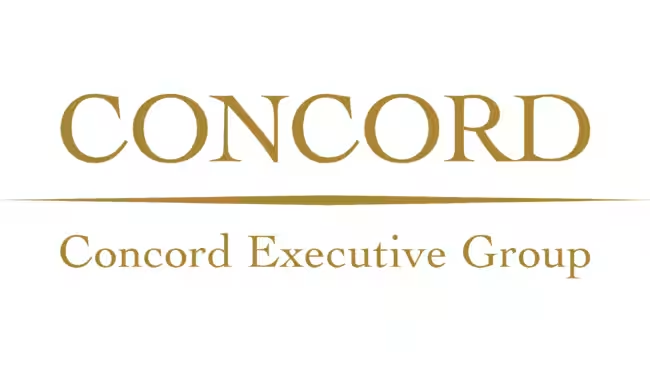

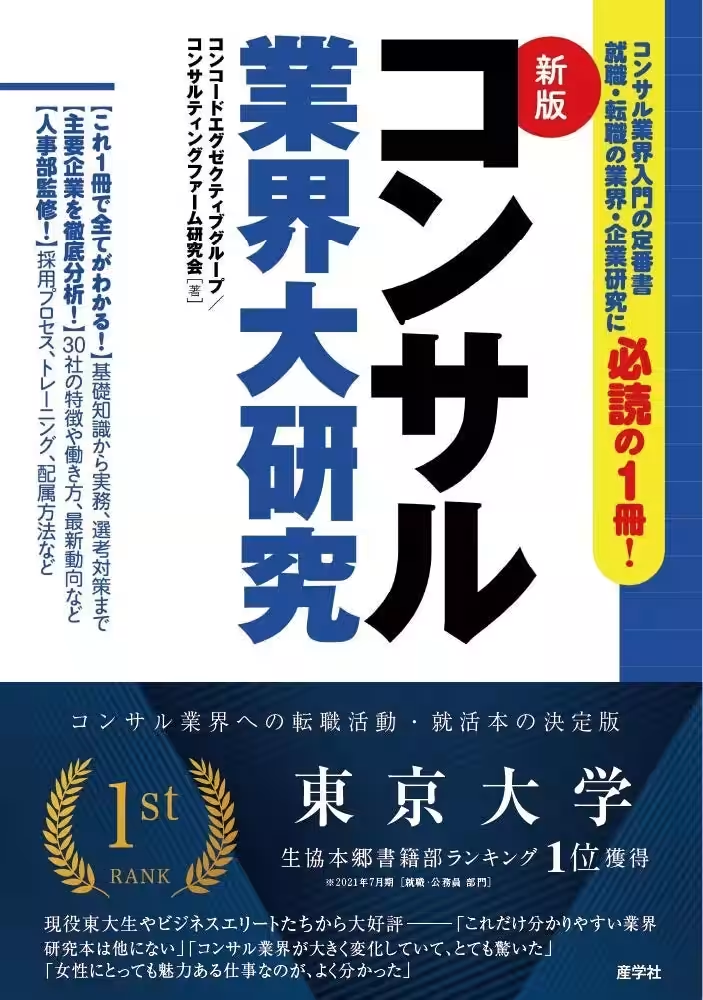
One significant aspect of the problem is that many students begin job-hunting without a clear understanding of their passions and career aspirations. They often jump into the employment process, believing they should secure any job rather than the right job for them. Watanabe emphasizes that taking the time to explore one’s likes and dislikes is critical. This self-awareness not only allows individuals to target roles that align with their values but also leads to greater job satisfaction and commitment.
Watanabe offers two valuable pieces of advice for students. The first is to invest time in identifying their preferences in work and life. This process can be challenging even for seasoned professionals, but it is vital for students to begin this journey early on. They should engage in self-reflective practices, such as journaling or speaking with mentors, to reveal insights about their strengths and interests.
The second piece of advice is to participate in long-term internships. These experiences provide students with a taste of real-world business environments, helping them acquire essential skills while also allowing them to evaluate if they enjoy the work. Watanabe mentions that long-term internships can positively influence academic performance, as they create a practical context that motivates learning.
Watanabe also reflects on the changing paradigms of what constitutes a secure career. Traditionally, securing a role in a large company was synonymous with stability; however, the rapid evolution of technology, particularly with advancements in AI, coupled with corporate consolidations, challenges this notion. It is essential to cultivate 'career freedom'—the ability to pivot and adapt to new opportunities regardless of industry changes.
Parents often instinctively want to steer their children toward what they perceive as safe or traditional career paths. Yet, in today’s dynamic job market, it is more critical than ever to advocate for a flexible mindset. The idea of 'job stability' is in flux, and Watanabe insists that nurturing adaptability is a parent’s best ally in preparing their children for the future.
With his wealth of experience as a consultant and a career strategist, Watanabe believes we must share narratives of diverse career paths and highlight the evolving nature of work. By fostering a broader dialogue around career fulfillment and purpose, we can prepare younger generations to navigate their careers successfully.
Through this article series, 'How to Build a Strong Career as Japan's No.1 Headhunter Teaches', Watanabe hopes to equip both students and parents with actionable strategies that promote mindful career planning in a rapidly changing economic landscape.
Stay tuned for more insights as Watanabe continues to explore the intricacies of career development and advises on how individuals can craft fulfilling and resilient professional lives. His commitment to empowering the next generation shines through in each installment, offering invaluable guidance as the job market evolves.





Topics People & Culture)










【About Using Articles】
You can freely use the title and article content by linking to the page where the article is posted.
※ Images cannot be used.
【About Links】
Links are free to use.